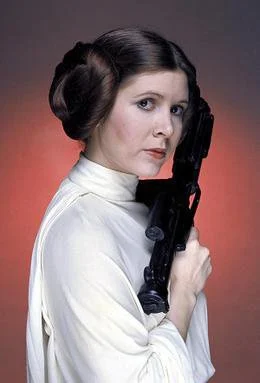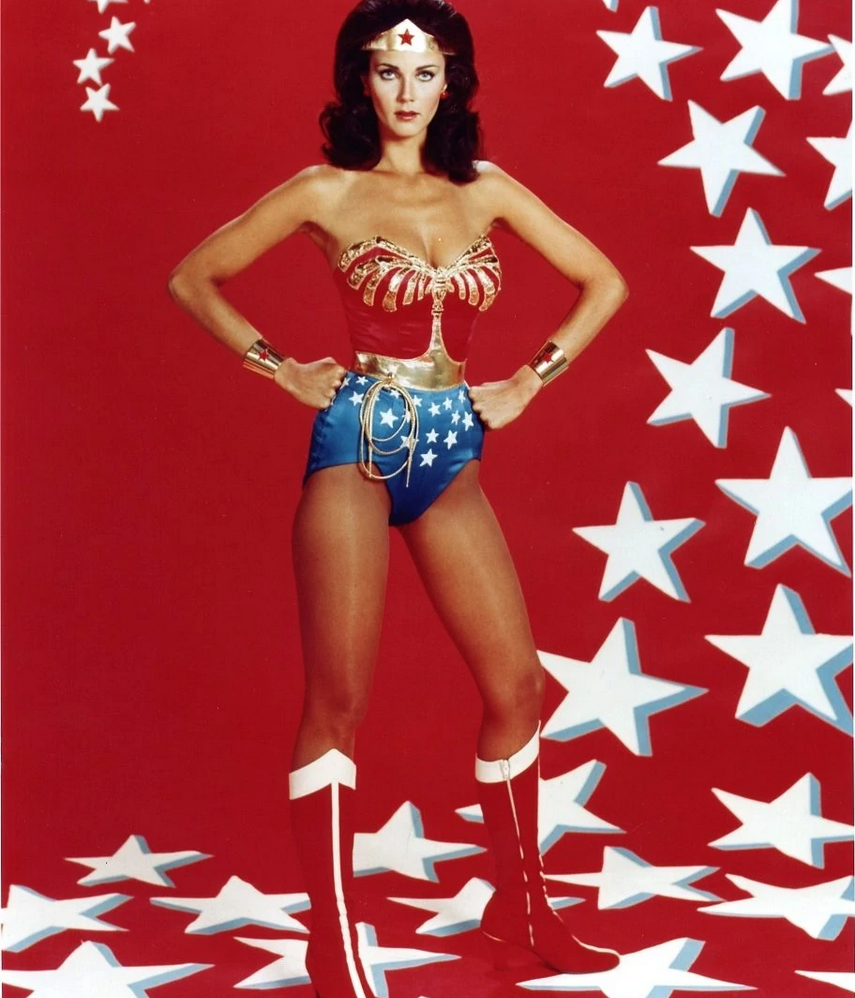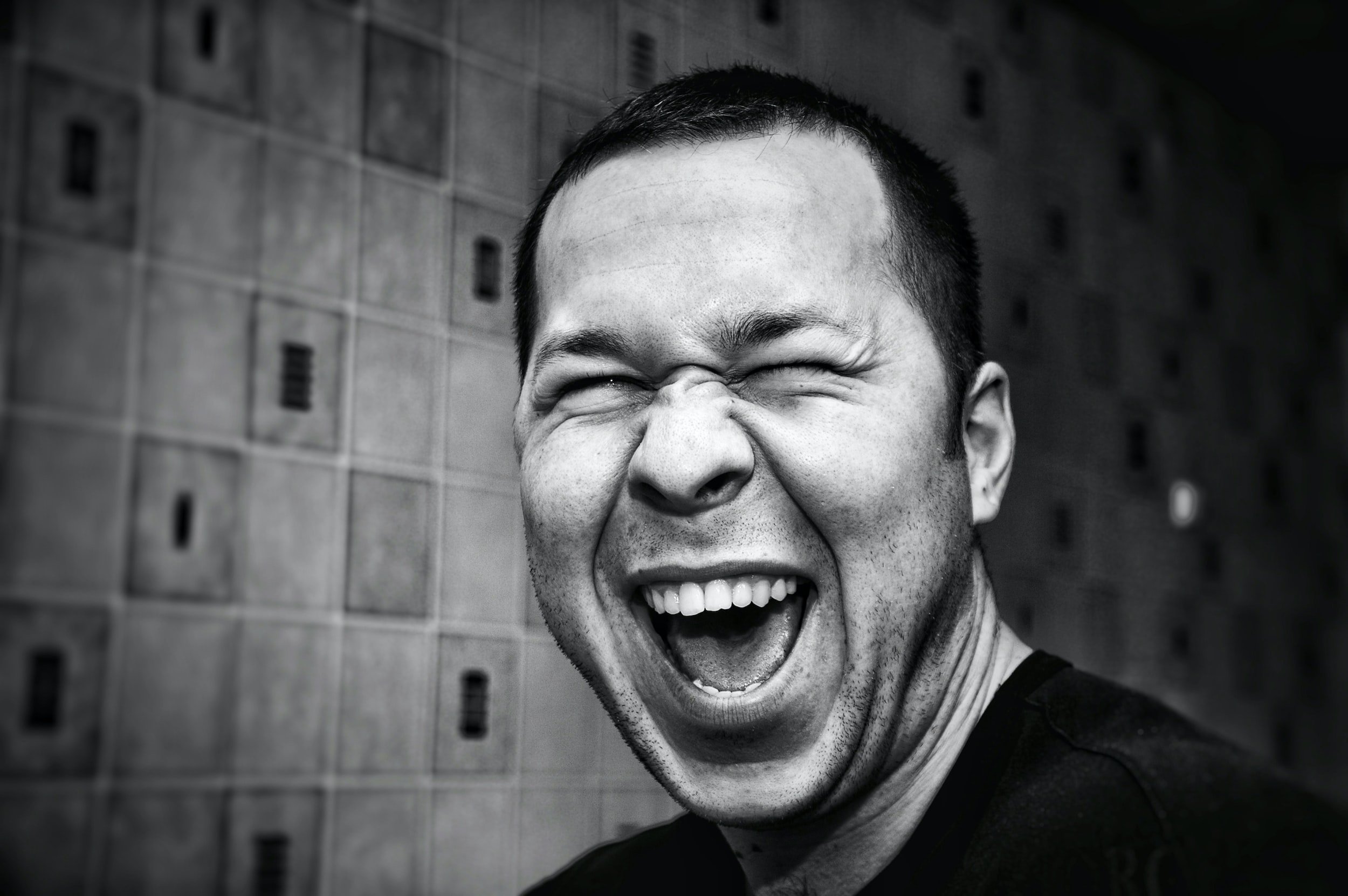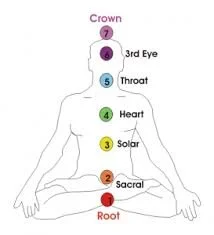Not Me; Your Fault
When you think of the movies, tv shows, books and stories you consume - to whom do you connect? To which characters do you see yourself mirrored? To whom do you reject and think 'not me'?
Are there any consistent characteristics that you reject?
Sean O'Connell wrote a tone deaf review of Turning Red in Cinemablend that exposed his unconscious bias of 'not me' for which the public rightly scorched him. The review was a perfect example of how a member of the dominant group considers themselves, their interests and their experiences as "universal" and relegates everything else to a category of boring "otherness".
An otherness that they need not be considered at all, except in reference to how disposable it is to their own interests and experience.
Abby: a fat character who’s story arc is not about being fat. Hooray!
O'Connell referred to Turning Red as "exhausting" and too specifically niche to be of interest. He praised Pixar for it's normally 'universal' themes and was disappointed at a story from the perspective of a young Asian Canadian woman.
A story of coming of age, a story of working to accept self and finding place in family and the world amongst wins and challenges, is about as universal as you get.
O'Connell was just too white and male to see himself reflected in the story.
Life experience prepares us for how we perceive the world as our mirror. I'm sure Sean O'Connell spent most of his life seeing people who looked like him mirrored in every category of value, prominence and success that popular culture and media had to offer. His mirror of himself was ubiquitous and "default".
Cis-het, able-bodied, affluent white men are not the majority - they've just been presented that way in history, the media, popular culture, politics, industry and the government.... and like Sean O'Connell, have not until very recently been expected to see themselves in heroes that do not look exactly like them.
The cast of Turning Red. Moving towards a mirror of cultural diversity is the natural and expected sign of our society moving in the direction of wholiness.
Marginalized peoples have spent most of our lives seeing ourselves in heroes and main characters that don't look like us. Add additional intersections and marginalized categories and there are some in our society that have never seen a hero mirrored to them that they can identify with 100%.
(These were my heroes growing up. Goody for me and my whiteness - what was there for Black, Brown, Asian and Indigenous women?)
We can learn a lot from what mirrors we reject as "not me". They can help expose unconscious biases that we carry that are working to create division in our lives without our notice.
What characters do we reject as "not me"?
Be aware of when we are rejecting characters in media.
Why? Is it because of their role?
Is it because of their background, ethnicity, cultural practices?
Is it because of their gender or sexual orientation?
Is it because of their body size or shape?
Is it their beliefs or their spiritual practices?
Is it because of their first language or their accented English?
Is it because of their abilities or strength or weakness or the ableness of their body?
Is it their perceived morality or character flaws?
(One of the most rewarding practices is digging into our emotional reactions to the ‘villians’. There are nuggets of revelation about ourselves available in how we use negative and unsavoury characters to reject aspects of ourselves that we judge as ‘bad’. These aspects hold wisdom for us.)
I use popular culture and media as the mode of exploration, but this applies in real life too. Who do we reject as "not me" out in the world? Why are we rejecting them as "not me"?
In a world where we are all connected in the Anam Mór, rejecting another is a spiritual harm we do to ourselves. Any separation that we believe exists outside us is mirrored in a rejection within us.
To reject is to separate and deny ourselves the full possibility of our wholiness. To reject another is to deny ourselves the love, acceptance and empathy that comes with embracing all that is.
“There but by the grace of God go I.”
(Fucking Christian colonization again. As a fun aside; Bradford was burned at the stake for 'stirring up a mob'. So much for God's grace.)
Emotional Trigger Flags
We don't have to resonate with every single thing in Creation, but we do have to be aware of when our "not me" comes with an emotional tug. Sean O'Connell had an emotional reaction to Turning Red and wrote a whole ass review about the movie without ever considering that he was required to self-reflect about his reaction.
This is a big part of WSC; never having to self-reflect and consider that our beliefs, feelings and reactions may not be appropriate, correct or desirable.
Emotional triggers are a simple sign that we have work to do. Disrupted peace is a sign that we have work to do. Our natural state is one of loving, peaceful contentment. When that is disrupted, we have work to do. Emotional work and work in the world.
Your Fault
It's simplistic, easy and juvenile to point outside ourselves and say "You're the reason I feel x" because it seems like that's true. Not everyone reacts to events the same way, which means our perception of events as individuals is what creates our peace or emotional disruption.
I don't suggest that we are expected to float through life like peaceful unruffled Buddhas with serene beatific faces. Life is chaotic and we feel all the emotions, both ups and downs. It's when we blame anything outside ourselves for our feelings that we have made the mistake.
I love that this was the first image that came up when I searched “Buddha face”.
So much goes into our perspectives and the stories we tell ourselves of 'what it means' about who we are, 'what it means' about our value and our worth, 'what it means' about the world and who's right and who's wrong, who's good and who's bad.
“A person ‘is not hurt so much by what happens, as by [their] opinion of what happens.’”
None of the reflection on the stories we create or recognizing emotional triggers is obvious or natural. (Well, it is if we were taught that it was normal and natural). It's all just conditioning and practice and learning to be aware and discerning as we go through life.
The Victim Identity
I am not advocating that we excuse harmful behaviour or accept poor treatment. I encourage us to take responsibility for our reactions and our feelings, because those are 100% ours.
"No one can hurt us without our permission" needs the caveat of "emotional, mental and spiritual" hurt - because we can certainly be physically hurt without our permission.
I've seen the ideology of owning our emotional reactions be perceived as victim blaming, where we re-victimize by 'blaming' victims for their emotional reactions to abuse and trauma.
This perspective lacks nuance.
"What were they wearing, they deserved it, they brought it on themselves..." is victim blaming.
Being responsible for the stories we tell ourselves about ourselves and the world and other people is the opposite of victimizing. Being responsible for stories that continue to hurt us long after the event is over is very powerful.
However, we can't get to a place of personal power in trauma until we are ready.
We can't get there until we have felt and acknowledged all the feelings.
We can't get there until we have been seen in those feelings and accepted in those feelings and those feelings have been validated. No one moves from victim-hood until we are tired of being victims to our story and this can be difficult.
We need to honour our trauma and honour the feelings that arise around what happened. We need to be gentle and kind and nurturing to ourselves... AND we need to question the stories we believe and tell ourselves about why the trauma happened and what it means about us and the perpetrator and the world. Questioning the truth of those stories is the only pathway to wholeness.
Fault vs. Responsibility
Fault and responsibility are used interchangeable in a lot of contexts, but they are two very different things, especially in relation to trauma and trauma healing. Being responsible for our emotions does not mean we are at fault for what happened to us.
Fault comes from the French root "faut" - which means failure, fault, flaw, deficiency, shortcoming.
Responsibility comes from the Latin root "respons" and the French root "responsable" - which means to respond to, answer to and be accountable.
The best illustration is the example I encounter daily as a retail manager. I am not at fault for whatever the customer problem happens to be.
I didn't make it happen, I didn't make the mistake or fail the customer. I didn’t cause the harm.
However, because I am a manager, I am now the one who has to respond to the situation. This is exactly the same in healing the traumatic events and wounds in life. We are not at fault for the thing, but now we are responsible for the ways in which we are thinking and feeling about the thing.
No one is accountable for our own thoughts and beliefs and feelings but ourselves. Regardless of what instigated those thoughts and beliefs and feelings - we remain the only one who can respond to them.
Any sense of "they should" or "they shouldn't" is ultimately unhelpful because “they don't” and “they didn’t”. What if the person at fault is never held accountable? What if the perpetrator never pays? What if the perpetrator never comes to any justice that we can see?
How can we live in peace?
How do we live in harmony with ourselves and our lives regardless of how & what, people & things are happening around us? The only one to give us peace, is us.
“Those painful, hurtful things happened and I’m sorry they happened.
Your feelings and beliefs around what happened are valid and you can feel them for as long as you want to. ”
Feel them until you don't want to feel them anymore.
That's it. That's all.
When you're tired of those feelings and would prefer peace, you can have peace.
It won't make you at fault for what happened.
It won't make it okay that it happened.
It just means that you get to be responsible for how you think and feel and believe about what happened.
You get to decide for yourself what it means.
You get to have control again over yourself, your life and your world.
That is fucking powerful.
I know who you are. I love you.













Be gentle with yourself because no one teaches us how to live this way. No one teaches us how to use all our Presence and Being to find our Selves in the world and the Work that we will do.
No one teaches us how to rely as equally on empathic intuition and body sensation as we do logical rationality. No one teaches us how to make sense of these intense desires to share deep truths that we only partially understand. Be gentle with yourself.